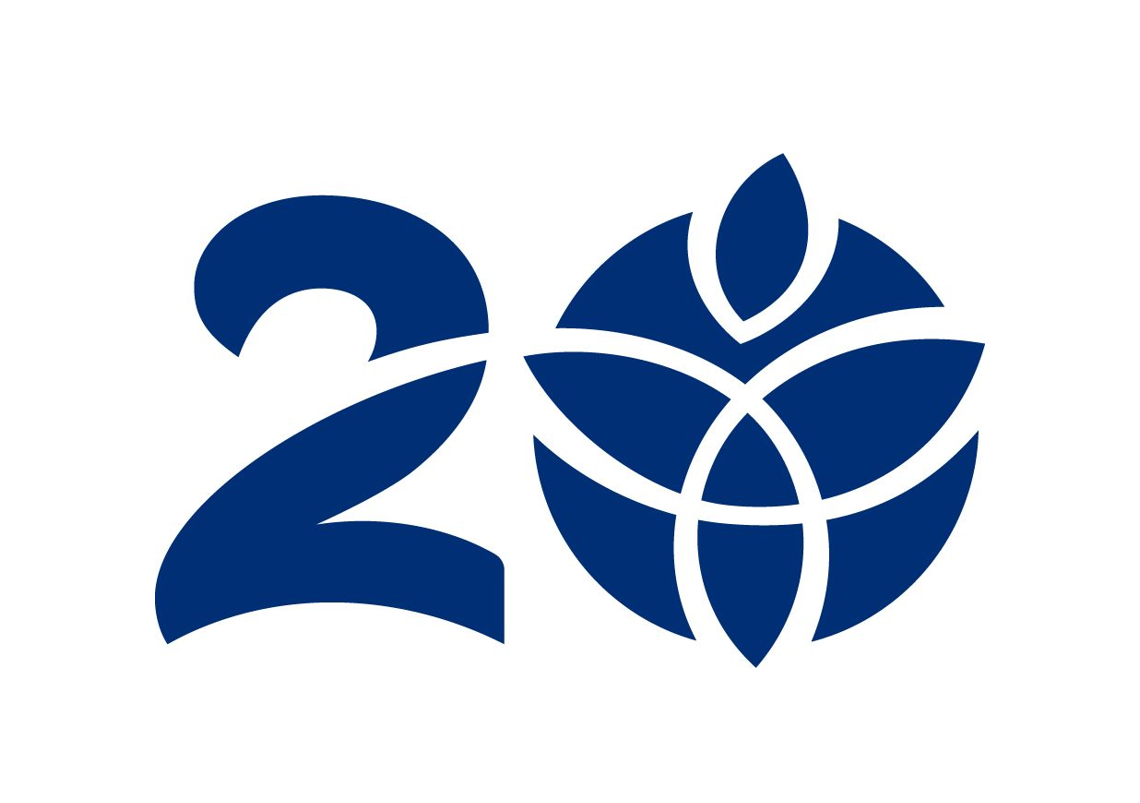The Impact of Human Ingenuity
Jun 2, 2023
Following my recent series of four articles* in which I reflected on the nature of human intelligence and the challenges posed by rapidly advancing technologies, I received a thoughtful and provocative response from a member of our ISF community, Professor Naubahar Sharif, who is the Acting Head and Professor in the Division of Public Policy at The Hong Kong University of Science and Technology. Prof. Sharif, in responding to this series of articles, sought to bring to my attention two further important points for consideration: technological challenges have always been a part of the human experience; and how do we manage our apprehension in response to generative artificial intelligence (AI). The following contains excerpts in italics from Prof. Sharif’s letter; the complete version is available in full via this link.
There is no doubt that life has been constantly shaped and reshaped by artefacts wrought by human ingenuity. History is replete with examples of inventions that have completely changed the ways in which we live. Prof. Sharif notes:
…the indisputable fact that humankind has confronted the emergence of novel technologies since time immemorial. AI, in its contemporary and highly refined form, signifies merely the latest incarnation of disruptive technology that humans have been ingeniously crafting and assimilating into our existence.
Technologies can be both constructive and disruptive. They can solve problems and raise new problems at the same time. For example, a series of technological innovations that have enhanced human living conditions and aided human movement (through the generation and distribution of energy) have also been cited as a potential cause for global warming. Where machines have been invented to aid, supplement, or replace human effort, there is always the lingering question of human redundancy: the potential for machines to replace or outperform human abilities.
Our historical performance in assimilating new technologies is quite impressive and AI poses a similar, but not necessarily insurmountable challenge:
(W)e have adapted to these technologies, incorporating their transformative effects into our everyday lives with relative ease. Thus, while the unveiling of generative AI may appear ground-breaking in terms of its ostensibly profound influence, it is simultaneously familiar, as humanity has been persistently crafting and integrating novel technologies into our collective experience for millennia.
Indeed, this raises the interesting question: do we cease innovation for fear of its impact? This question is complex, as it touches on issues of science, technology, even morality. Should we innovate just because we can? This leads to the second concern raised by Prof. Sharif, which concerns our fear of replacement by machines. This is an essentially existential question. Do we make the means of our own demise? One way forward is to focus on those aspects of the human experience that cannot be replaced or replicated by any known technology, including AI. Prof. Sharif notes:
…the indispensable role (that) human agency occupies in the development of any technology, including AI. AI is conceived, designed, and realized by human beings, individuals who share identical characteristics with us…Furthermore, those entrusted with the regulation of AI are also human, possessing those same characteristics.
Generative AI, is also ‘pre-trained’ by human agency; it does what it is designed to do. It is ‘novel and disruptive’, but it is also the product of human creativity. As such, we do wield the means, the tools, and the capability to harness the technology. The key question concerns our readiness to take action:
If humans are responsible for the conceptualization, programming, and implementation of generative AI, then they are undoubtedly equipped to regulate its development. The paramount question, then, is whether our collective desire is sufficiently resolute. If it is lacking, how can we fortify our determination? The power to define the velocity, direction, and objectives of generative AI ultimately resides in our hands as humankind. The critical challenge before us is whether we are willing to harness that power and shape our own destiny.
As we draw to the close of another year learning together, this is a critically important message for each of us: do we shape our own destiny by action or allow our destiny to be shaped for us by inaction? We are free to choose.
Dr. Malcolm Pritchard
Head of School
*Predicting the Future: the passing of Gordon Moore (Moore’s Law)
